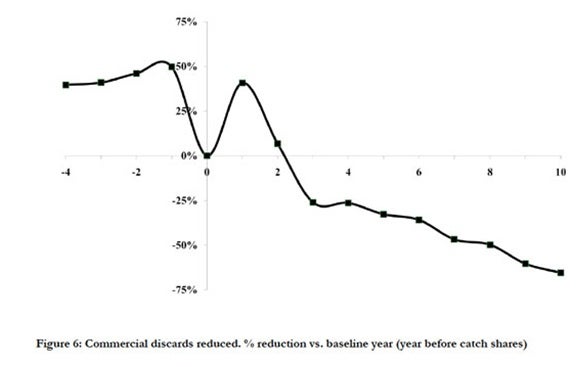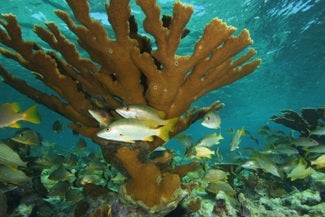Reprinted with permission from SeafoodNews.com
SEAFOOD.COM NEWS [seafoodnews.com] Jan 12, 2012 By Kate Bonzon
The following article was written by Kate Bonzon, who works for EDF and was one of the authors of a new scientific paper published in Marine Policy that analyzed the performance of 15 catch share programs in the US and Canada. She argues the data shows these programs met most of their goals, especially in the area of conservation, reduced discards, and increased revenue to harvesters. There was a shift in jobs from a larger number of part time jobs to a smaller number of full time jobs, which had varying social impacts depending on the fishery.
America’s fisheries, and the fishing communities they support, have struggled for decades to find a way to both rebuild depleted fish stocks and allow fishermen to earn a decent living. But it has become increasingly evident over the years that traditional management practices – such as drastically curtailing the fishing season – were failing to achieve either of these goals: fleets shrunk, revenues dropped, fishermen were often forced to put out to sea in bad weather, and the industry grew highly unstable. Fish stocks, meanwhile, continued to decline.
The latest effort to achieve that balance – a management approach known as “catch shares,” has generated much discussion among fisheries stakeholders over whether this approach is any better or worse than previous efforts. Now, a recent analysis of 15 fisheries in the United States and British Columbia published in the journal Marine Policy, provides data that clearly show significant environmental and economic improvements in fisheries that have made the transition to catch shares, an approach that allocates fishermen a share of the total allowable catch in exchange for making them accountable for staying within the catch limit.











